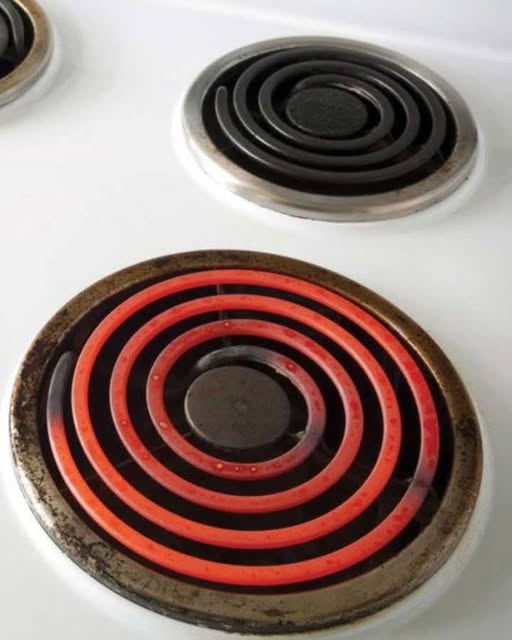ADVERTISEMENT
Introduction
When it comes to cooking, one of the most debated topics is whether gas or electric stoves are better. Each has its pros and cons, making it important to consider various factors such as energy efficiency, cooking speed, temperature control, and the overall cooking experience. In this article, we’ll explore the key differences between gas and electric cooking, helping you decide which one is best suited for your needs.
Gas Cooking: Pros and Cons
Pros:
Immediate Heat Control: One of the biggest advantages of gas stoves is the immediate heat control. You can adjust the flame instantly, which allows for quick changes in temperature when cooking.
Even Heating: Gas stoves provide a consistent heat across the cooking surface, which can be helpful when you need to maintain a steady simmer or sear ingredients.
Cost-Effective: In many areas, natural gas tends to be cheaper than electricity, so gas stoves might save you money in the long term.
Better for Certain Cooking Styles: Gas cooking is favored by professional chefs and home cooks alike for techniques like stir-frying, charring, and grilling due to the direct flame.
Cons:
ADVERTISEMENT
